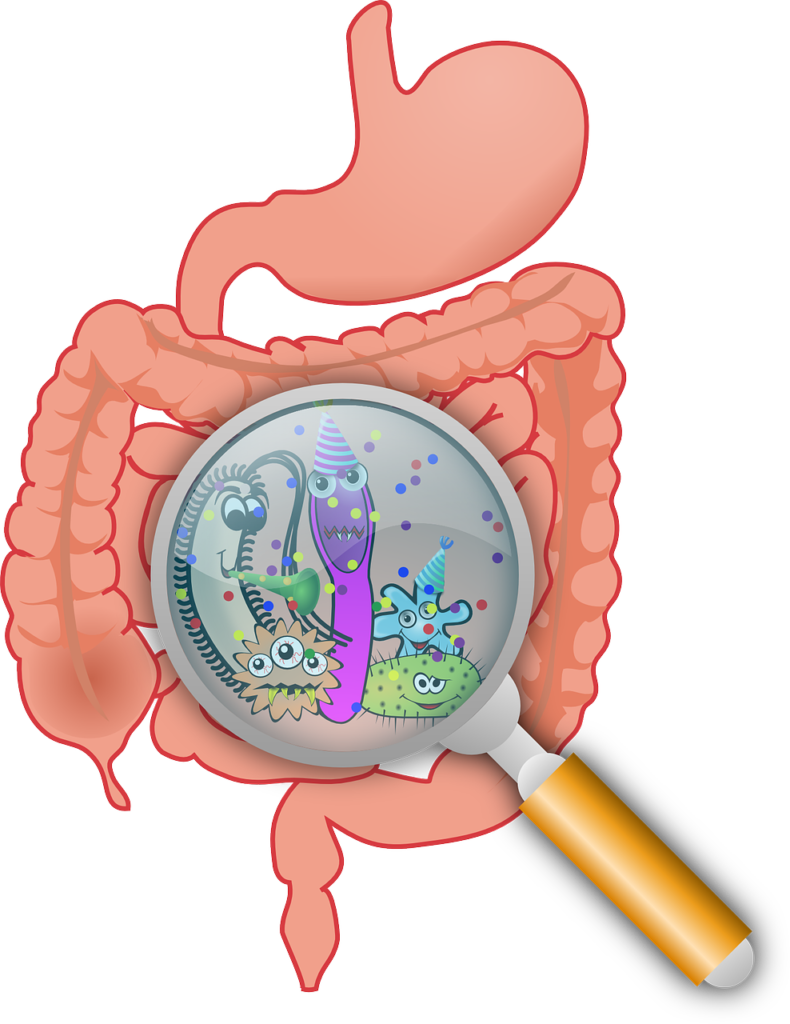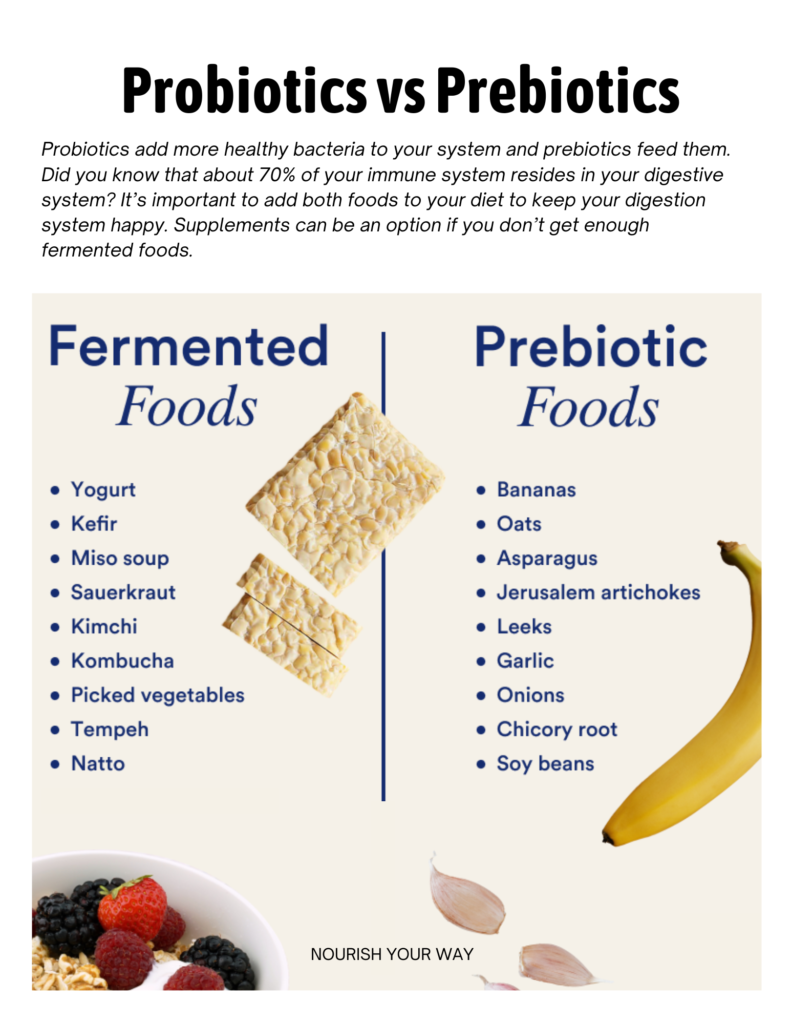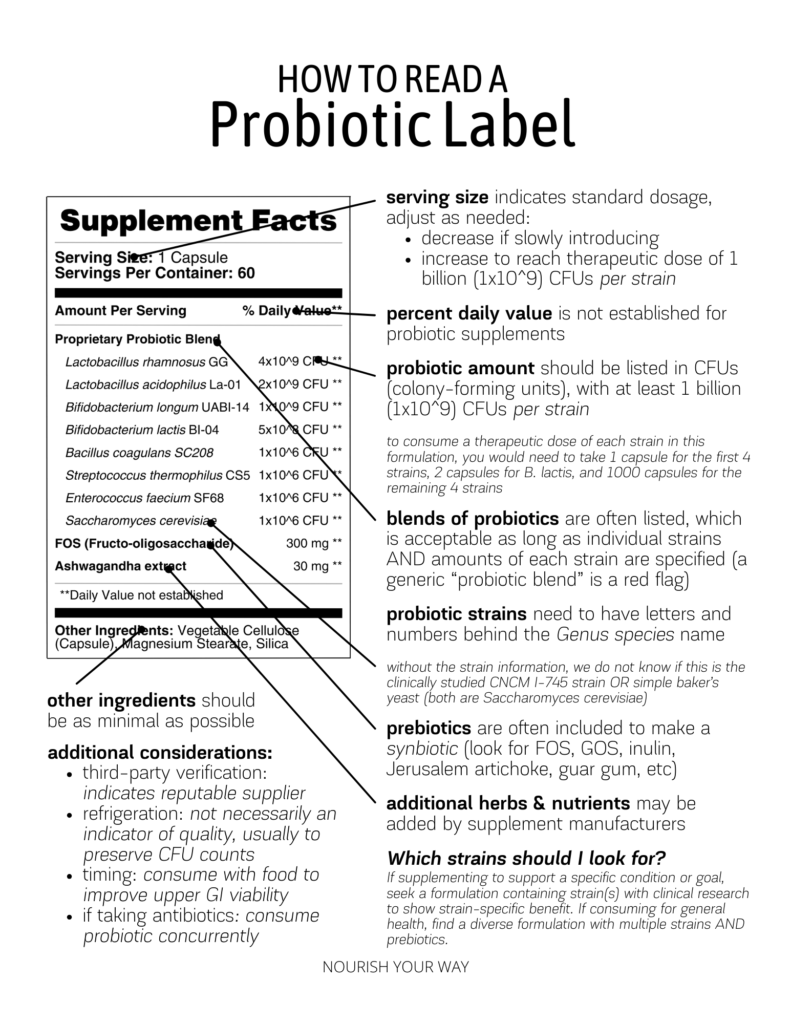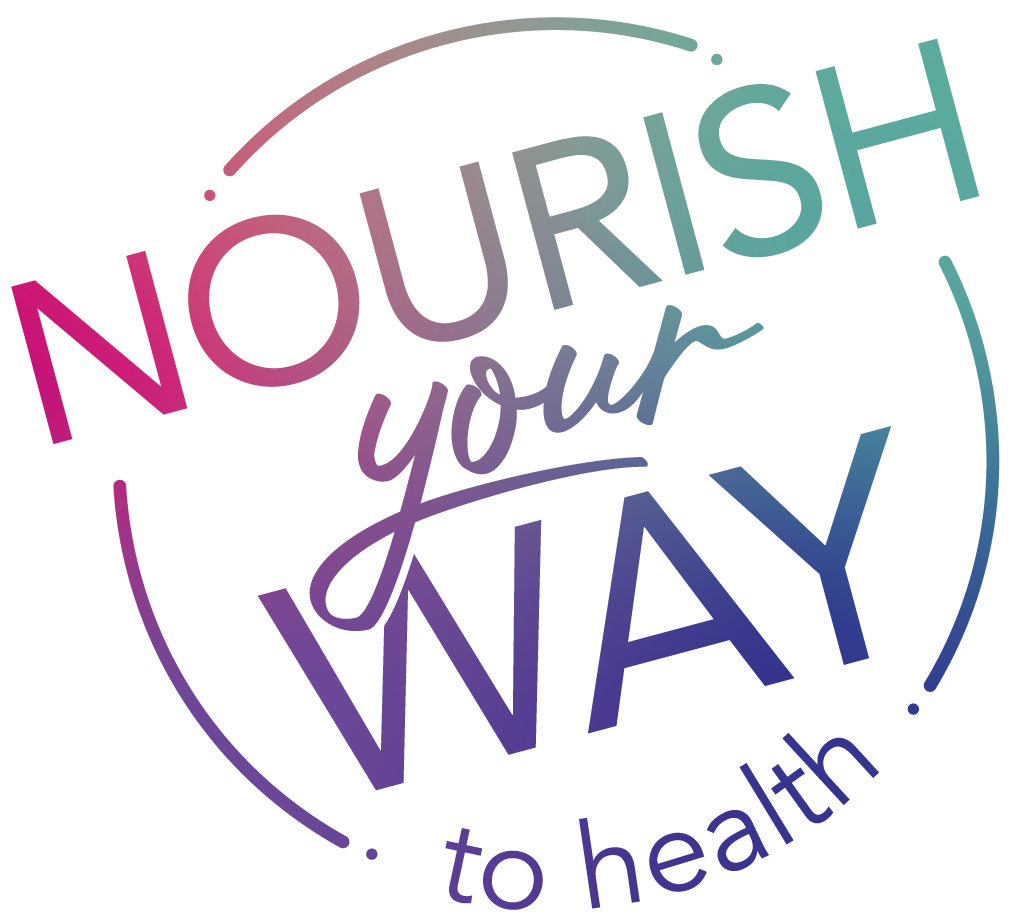
Probiotics vs Prebiotics
How these can help heal multiple sclerosis, other diseases, and keep your digestive system healthy
This post may contain affiliate links which means I may receive a commission from purchases made through my links. I will only recommend products I have personally used or would consider using.
First of all, what are these and why do we need them?
PROBIOTICS:
Probiotics are live microorganisms, primarily bacteria and yeasts, that confer health benefits when consumed in adequate amounts. These beneficial bacteria are naturally found in fermented foods such as yogurt, kefir, kimchi, and kombucha, as well as in dietary supplements. They work by colonizing the gut and promoting a balance of intestinal microflora, which is crucial for maintaining digestive health and supporting immune function. Probiotics can help prevent the overgrowth of harmful bacteria by competing for nutrients and adhesion sites in the intestines, thereby potentially reducing the risk of gastrointestinal disorders like diarrhea and irritable bowel syndrome.
Beyond their role in digestive health, probiotics are increasingly recognized for their broader impacts on overall well-being. Research suggests they may contribute to the modulation of inflammation, improvement of mental health conditions like anxiety and depression, and even support cardiovascular health. The mechanisms through which probiotics exert these effects are multifaceted, involving interactions with the gut-brain axis, immune system modulation, and production of beneficial metabolites such as short-chain fatty acids. As scientific understanding grows, so does the potential for probiotics to be used therapeutically to enhance health outcomes in various populations.
PREBIOTICS:
Prebiotics are a type of dietary fiber that serve as fuel for the beneficial bacteria in our gut, known as probiotics. Unlike probiotics, which are live microorganisms themselves, prebiotics are non-digestible compounds that pass through the upper digestive tract and reach the colon intact. There, they undergo fermentation by the gut microbiota, specifically stimulating the growth and activity of beneficial bacteria such as bifidobacteria and lactobacilli. Common sources of prebiotics include certain fruits (e.g., bananas, apples), vegetables (e.g., onions, garlic), whole grains, and legumes.
The primary function of prebiotics is to promote a healthy balance of gut bacteria, which plays a crucial role in maintaining overall digestive health and supporting immune function. By selectively nourishing beneficial bacteria over harmful ones, prebiotics contribute to the production of short-chain fatty acids and other metabolites that help regulate inflammation, improve intestinal barrier function, and enhance nutrient absorption. Research indicates that regular consumption of prebiotic-rich foods or supplements can positively impact gut microbiota composition, potentially reducing the risk of gastrointestinal disorders like constipation, diarrhea, and irritable bowel syndrome. As interest in gut health continues to grow, so does the exploration of prebiotics as a dietary strategy to optimize microbial communities and support overall well-being.
Probiotics adds more healthy critters to this colony and prebiotics feeds them

A list of commonly known PROBIOTICS:
Lactobacillus acidophilus: Found in yogurt and fermented dairy products; helps with lactose intolerance and digestive issues.
Bifidobacterium lactis: Often found in yogurt and some probiotic supplements; aids in digestion and supports immune function.
Lactobacillus rhamnosus: Found in dairy products and supplements; helps alleviate diarrhea and supports gut health.
Saccharomyces boulardii: A yeast probiotic found in some probiotic supplements; known for its ability to combat diarrhea and digestive issues.
Bifidobacterium longum: Found in dairy products and some probiotic supplements; supports immune function and digestive health.
Lactobacillus plantarum: Found in fermented foods like sauerkraut and kimchi; helps with digestive issues and supports gut health.
Bifidobacterium bifidum: Found in some dairy products and probiotic supplements; supports digestion and may help with immunity.
Lactobacillus casei: Found in yogurt and some probiotic supplements; supports digestion and immune function.
Lactobacillus bulgaricus: Found in yogurt and fermented dairy products; aids in digestion and supports gut health.
Bifidobacterium breve: Found in fermented foods and probiotic supplements; supports digestion and overall gut health.
A list of common sources of PREBIOTICS:
Inulin: Found in foods such as chicory root, garlic, onions, leeks, asparagus, and bananas.
Fructooligosaccharides (FOS): Naturally occurring in foods like bananas, onions, garlic, and asparagus.
Galactooligosaccharides (GOS): Found in legumes (e.g., chickpeas, lentils), certain whole grains, and dairy products like milk and yogurt.
Resistant Starch: Found in cooked and cooled potatoes, green bananas, and legumes such as beans and lentils.
Pectin: Found in fruits like apples, berries, and citrus fruits.
Beta-glucan: Found in oats and certain mushrooms (e.g., shiitake, maitake).
- Lactulose: A synthetic prebiotic found in some dietary supplements and used in medical settings.

After I was diagnosed with multiple sclerosis I didn’t know anything about our microbiome. For the most part, we are not taught in school about this. Once I dove into nutrition and how to heal, then I learned about them. I also didn’t now that drugs (especially antibiotics) disrupts this colony so it’s important to take probiotics in a supplement in case you don’t have enough probiotic foods to eat. Supplementing probiotics helps balance out your system and keeps it working as it should.
If you decide to buy probiotic supplements, go for one that has a BILLION and many probiotic strands like these. When you see a BILLION it refers to the number of colony forming units (CFU’s) or viable cells in a serving.

I hope this helped your understanding probiotics and prebiotics.
Adrienne
xo
I have a recipe in my cookbook (Nourish Your Way to Health) on how to make fermented pickles (great probiotcs!)
I have more information in my paperback book (The Path to Reverse Multiple Sclerosis Naturally) regarding probiotics and prebiotics
Multiple Sclerosis can be reversed!
